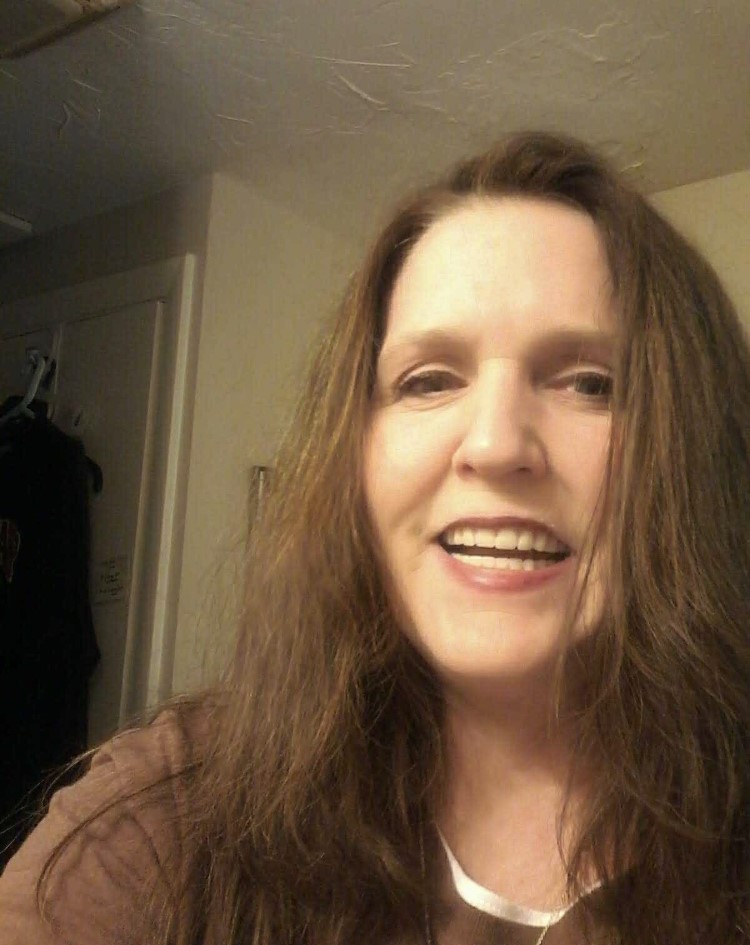Opioid Crisis on Cape Cod: Recovery is Real
by Elizabeth Martins
Opioids are powerful drugs used to reduce, or “kill” pain. and are also commonly known as painkillers. According to the Centers for Disease Control and Prevention (CDC), some of the most common types of opioids include Vicodin, OxyContin, methadone and morphine. Most of these are produced and distributed illegally, include Fentanyl and Heroin. Thirty-six people die every day due to overdoses in the US.
Opioid use on Cape Cod has been rising. Deaths from opioid use have also been dramatically increasing between the years of 2013 to 2021. When COVID struck in 2020 and continued into 2021, Barnstable’s total death rate went to 28 , Falmouth came to 34 and Yarmouth hit 13 . In 2021, the total deaths due to opioid overdoses in Massachusetts skyrocketed to 2,309.
One person who had extensive experiences with opioid addiction is current Cape Cod Community College student Pam Dee. She tried cocaine at the early age of 16, became addicted by 20 and two years later she started dealing illegal drugs. By then she realized she “had a problem” yet had no desire to quit.
When Dee was 17, her doctor diagnosed her with chronic migraines. He refused to write her prescriptions for painkillers because he thought smoking pot would be more effective. Dee started buying painkillers “off the streets” and soon was introduced to OxyContin. When OxyContin became too expensive, she started using heroin and it became her “drug of choice” along with cocaine.
Dee’s tolerance built up by her late 30s when she survived after taking 90 Percocets in a day and a half. She also survived what she refers to as “cocaine psychosis,” which caused her to have sleep deprivation and horrific hallucinations. By then, her family decided to organize an intervention, but Pam refused their efforts, ending their relationship with her. Ultimately, Pam was hospitalized.
Dee became pregnant with her son in 1998 and decided it was time to go into treatment— for the second time. However, she relapsed and started using during pregnancy.
“A woman who is an addict and whose life is in chaos doesn’t find out they’re pregnant and all of a sudden know how to live life on life’s terms,” Dee says. “I would lay my life down for [my son]”, Dee adds. “My son was my strength.” It was her son who inspired her recovery.
After recovery became a priority, Dee’s father and mother became huge supporters. By 2004, Dee was clean and sober. This October will be her 18th anniversary in consistent recovery. Her relationship with her son is strong; the two even got matching tattoos. Her son is now in college working on his master’s degree.
Dee describes her path to recovery saying, “I couldn’t do it alone;. I had a lot of help and support. Life is going to happen…you have to go through the fire to get to the other side. I learned to love myself and I learned I was a good person.”
Dee’s story is an inspiration to her fellow 4C’s students. The college itself works to help with drug addiction through the Collegiate Recovery Program. The program works to build inclusion, support students to succeed at 4Cs and encourage making friendships.
CRP is not only for drug recovery. Mental health, eating disorders or shopping addiction issues are some examples of help the program offers. Cheryl Kramer is the advisor for CRP. For more information, you can email Cheryl at [email protected] or call 774-330-4611.

Pam Dee
Photo taken by Pam Dee
Categories: Featured,